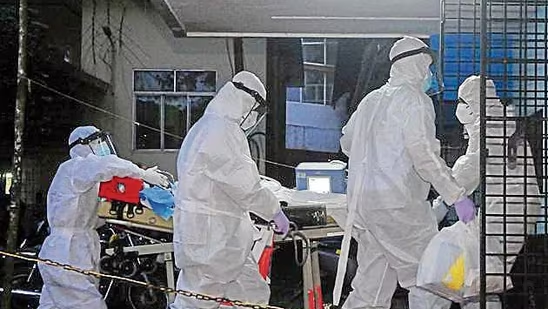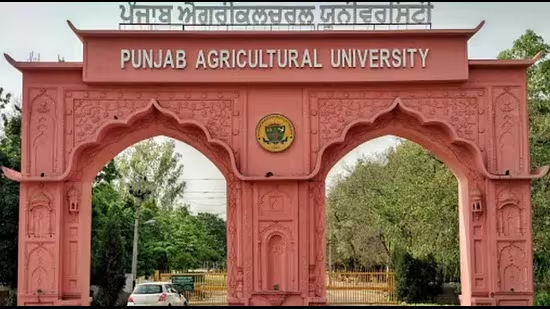The World Health Organization (WHO) recently reported that the ongoing Chandipura virus outbreak in India is the largest in two decades. According to the WHO, between early June and August 15, India’s Ministry of Health recorded 245 cases of Acute Encephalitis Syndrome (AES), resulting in 82 deaths, with a case fatality rate (CFR) of 33%.
The outbreak has spread across 43 districts in India, with 64 confirmed cases of Chandipura virus (CHPV) infection. The WHO highlighted that while CHPV is endemic in India, this outbreak is notably the largest in 20 years.
CHPV belongs to the Rhabdoviridae family and is known to cause sporadic AES cases and outbreaks, particularly in western, central, and southern India during the monsoon season. Past outbreaks have shown an increase in CHPV cases every four to five years, especially in Gujarat.
The virus is transmitted through vectors such as sandflies, mosquitoes, and ticks. The infection has a high CFR, ranging from 56% to 75%, and currently, there is no specific treatment or vaccine available. The WHO emphasized that early access to care and intensive supportive treatment can increase survival rates.
The WHO has called for enhanced surveillance in high-risk areas, particularly focusing on children under 15 who present with acute fever and central nervous system symptoms. It is crucial to ensure that laboratory diagnostic capacities are available for timely collection, transport, and testing of serum and cerebrospinal fluid samples.
Since July 19, a decline in the number of new AES cases has been observed. To date, no cases of human-to-human transmission have been reported. In 2003, a significant AES outbreak in Andhra Pradesh, with 329 suspected cases and 183 deaths, was linked to CHPV.
Despite ongoing efforts to control the spread of CHPV, further transmission is possible due to the favorable conditions for vector populations during the monsoon season. The WHO has recommended vector control measures and protection against bites from sandflies, mosquitoes, and ticks to prevent further spread.
The Union Health Ministry has deployed a National Joint Outbreak Response Team (NJORT) to support the Gujarat government in implementing public health measures and conducting a detailed epidemiological investigation. Comprehensive insecticidal spraying and fumigation are being carried out to control vectors.
Public awareness initiatives are also underway to educate the public and healthcare professionals about the virus, its symptoms, and preventive measures. The Gujarat Biotechnology Research Centre (GBRC) is actively researching other viruses causing encephalitis and is closely monitoring the situation.


